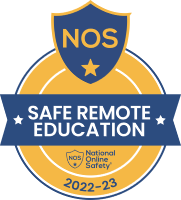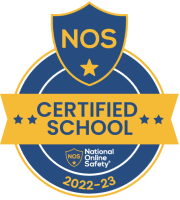Special Educational Needs
The person responsible for overseeing the provision for children with SENDCo is Mrs S Nash snash@st-peters.hereford.sch.uk
Tel: 01885 483237
Local offer special educational needs and disabilities – Herefordshire Council
Statement of Intent
St Peter’s Primary School is an inclusive school. Our vision and values are at the core of everything we do. They underpin our teaching and learning and provide an environment which prepares all our pupils as confident, happy citizens, irrespective of their individual educational needs. We are a Values-based where we treat each other with mutual respect and work in a climate where openness and inclusion lay the foundations for our values to be built upon.
As part of the 'Children's and families Act 2014' every provider for additional needs is required to give a summary of what it can offer to help support and care for pupils that may require additional support in school. This is known as the 'SEN Information Report'.
SEND


.png)
